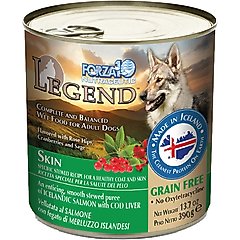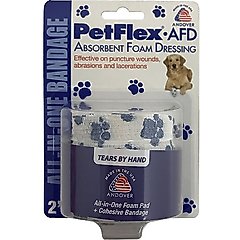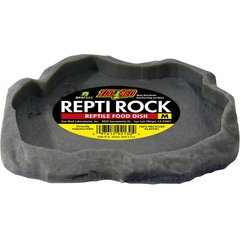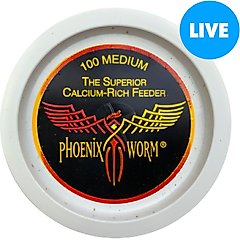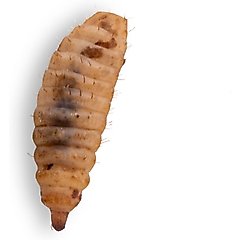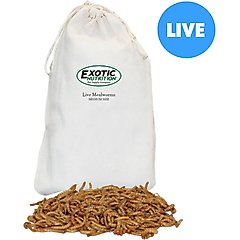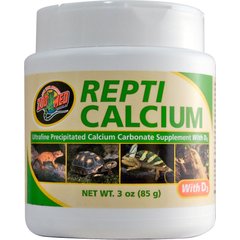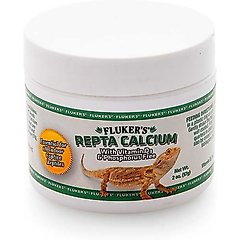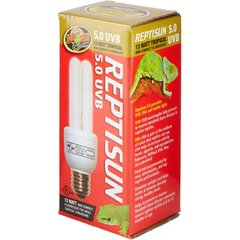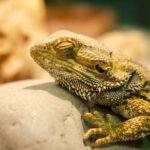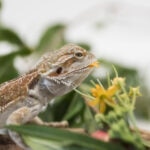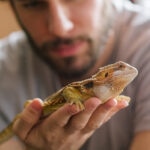Can Bearded Dragons Eat Kale?
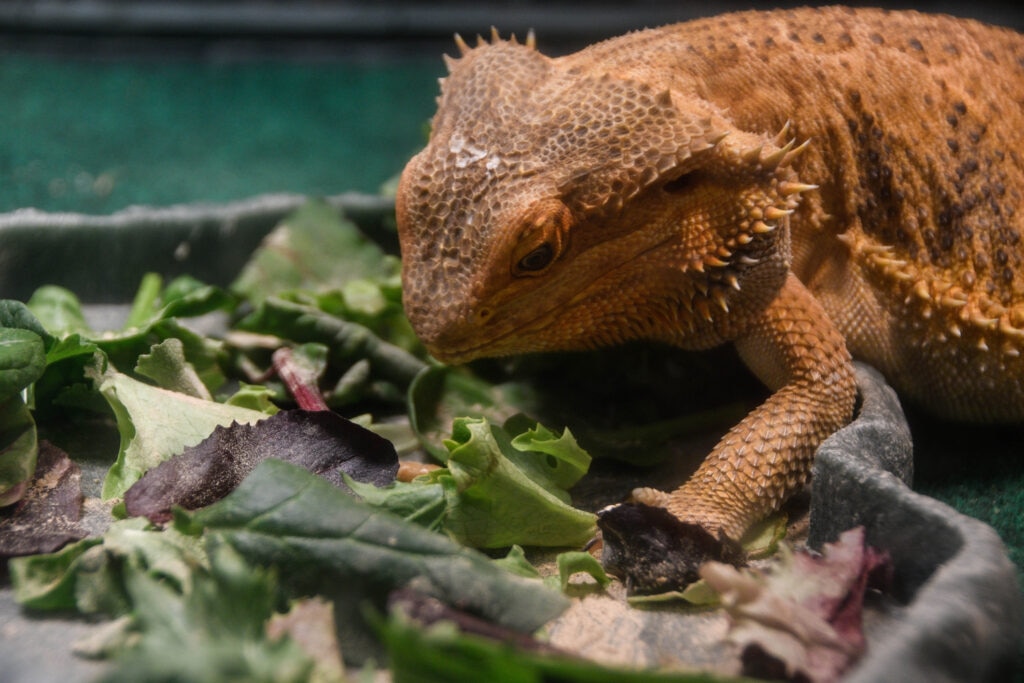
Photo by Samantha Schertenleib/iStock/Getty Images Plus
If you’ve ever wondered, can bearded dragons eat kale, the answer is yes, but with caution. Kale offers an impressive amount of nutrients, but it also contains compounds that require moderation for bearded dragons.
Here’s a deep dive into how to include kale in your beardie’s diet safely and effectively.
Key Takeaways
- Bearded dragons can safely eat kale one to two times per week. More research on beardie nutrition is needed to know for certain exactly how much kale to feed them.
- Kale is rich in calcium and vitamins but also contains goitrogens and oxalates, so moderation is key.
- Proper preparation matters: Wash thoroughly, remove stems, chop finely, and serve raw or lightly steamed.
- Pair kale with other safe greens and ensure your dragon gets proper lighting and calcium supplements for a balanced diet.
Nutritional Powerhouse—With Some Cautions
Kale ranks high in essential nutrients for beardies:
- Calcium: Great for a bearded dragon’s bone health
- Vitamins A, C, and K: These vitamins help to support vision, immunity, and circulation in a bearded dragon
- High water/fiber content: Both of these help to aid in hydration and digestion
Too much kale, however, can pose health risks for your bearded dragon. Kale contains goitrogens, which may disrupt thyroid function in a bearded dragon.
Kale also contains oxalates (low amounts), which can bind with calcium in the body and prevent a beardie from absorbing the mineral.
When a beardie doesn’t get enough calcium, this can lead to health issues such as metabolic bone disease. A lack of calcium can cause bones to become rubbery, they can then be more prone to fractures, muscle weakness, and difficulty walking.
Feeding only greens that contain oxalates or high amounts of oxalates can put your beardie at risk for low calcium levels and subsequent metabolic bone disease.
Always consult your vet before making major dietary changes to your beardie’s diet.
Is Kale Safe for Bearded Dragons?
Yes, if it’s fed in moderation. Kale is beneficial thanks to its favorable calcium-to-phosphorus ratio, and minimal oxalates compared to greens like spinach.
- Oxalates: Low enough to make kale a safer choice than other greens. Spinach is one of the highest and most typical culprits of high levels of oxalates.
- Goitrogens and vitamin A: Feeding too much could lead to thyroid issues or vitamin A toxicity
How Much Kale Is Recommended?
It’s OK to give your bearded dragon kale one to two times per week. Vegetables should make up 20–30% of a total juvenile bearded dragon diet and at least 50–70% of an adult bearded dragon’s diet.
It’s important to only provide your bearded dragon with kale a few times a week depending on their age. Unfortunately there is no consensus on the exact amount of kale per week for adults or juveniles, as more research is needed.
How To Prepare Kale for Your Beardie
Before feeding kale to your bearded dragon make sure to follow these steps:
- Wash the kale thoroughly to remove pesticides
- Remove stems and ribs, leaving tender leaves
- Chop the kale finely; ensure bites are no bigger than the distance between the dragon’s eyes
- Serve raw or lightly steamed, and leave unseasoned
- Mix into a veggie salad with options like collards, mustard greens, or dandelion
Drop the kale in your beardie’s bowl mixed with the other greens as part of a robust diet.
Recommended Products
Pairing Kale With a Balanced Diet
Kale should be just one part of a well-rounded bearded dragon diet that includes:
- Leafy greens: Varied options to ensure different nutrients
- Protein: Insects such as phoenix worms, black soldier fly larvae, crickets, mealworms, superworms, etc.
Recommended Products
- Supplements and proper UVB exposure: Reptile supplements help to optimize calcium absorption and overall metabolism
Recommended Product
Pros and Cons of Feeding Kale to Your Bearded Dragon
Benefits:
- Rich in calcium and vitamins
- Low oxalates compared to other greens
- High in water and fiber
Risks:
- Unbalanced feeding may lead to vitamin A toxicity or thyroid issues such as hypothyroidism
- High oxalates may interfere with calcium absorption if given too much
When To Avoid Kale for Bearded Dragons
Hold off on giving your bearded dragon any kale if they show any of the following signs:
- Symptoms of vitamin A toxicity, which may include swelling, lethargy, weight loss, anorexia
- Low thyroid function or signs of calcium imbalance, which may include difficulty walking, fractures, muscle tremors, or full body paralysis
If you notice any of these changes, contact your vet immediately.
Tips for Adding Kale to a Bearded Dragon’s Diet
- Start slow: Offer kale once a week and monitor how well a beardie can digest the kale.
- Mix with other greens: This helps to balance nutrients and reduce the amount of goitrogen/oxalate exposure.
- Supplement appropriately: You can dust food with calcium powder and ensure they have access to a UVB light to prevent any deficiencies of vitamin D and calcium in your beardie, which can lead to metabolic bone disease.
- Multivitamins on a weekly or monthly basis help your beardie fulfill their nutritional needs as well.
Recommended Products
- Monitor: In addition to monitoring your beardie’s digestion, make sure to watch your dragon’s stool, growth, and overall health.
Yes, your bearded dragon can eat kale, and it offers excellent nutrition as part of a diverse, balanced diet.
By feeding kale smartly, paired with other greens, UVB exposure, and supplements, you’ll support your dragon’s growth, vitality, and long-term well-being.
Here’s to happy, healthy, kale-inclusive salad bars for your scaly friend!
Attributions
This article was created with assistance from AI tools. The content has been reviewed for accuracy and edited by a human.
